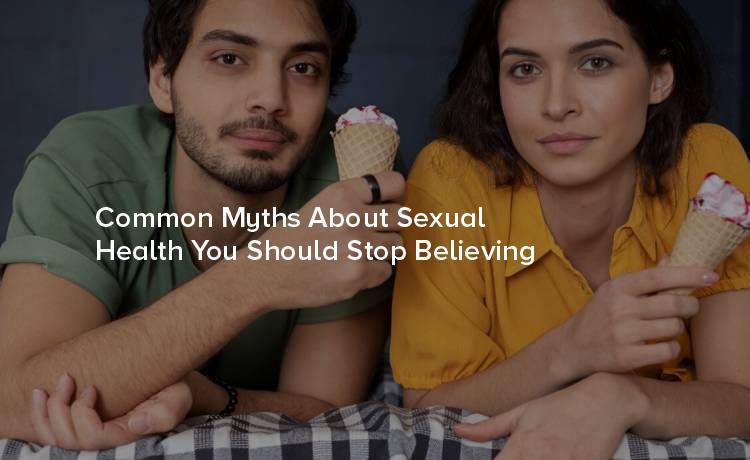
When it comes to sexual health, misinformation can do more harm than good. Even in the age of easy access to information, myths about sexual health persist. These myths not only perpetuate stigma but also lead to unsafe practices, lack of proper health care, and confusion.
Misinformation can shape people’s beliefs, creating unnecessary fear or a false sense of security. Understanding the truth is key to making healthy choices, fostering open communication, and removing any stigma attached to sexual well-being.
The Truth
While the chances of getting pregnant during your period are lower than other times of the month, pregnancy is still possible. Sperm can survive inside the body for up to five days, which means if you ovulate shortly after your period ends, conception could occur.
Why It Matters
Believing you’re “safe” during your period can lead to unprotected sex, which increases the risk of unintended pregnancy and sexually transmitted infections (STIs). Always use contraception if you want to prevent pregnancy or STIs.
The Truth
Methods like birth control pills, IUDs, and implants are excellent at preventing pregnancy, but they don’t offer any protection against STIs. The only contraceptives that reduce STI risk are condoms (male and female) and dental dams.
Why It Matters
Relying solely on birth control can leave you vulnerable to infections including chlamydia, gonorrhea, and HIV. Pair your contraceptive method with barrier protection to stay fully protected.
The Truth
STIs don’t discriminate. Anyone who is sexually active can contract an STI, regardless of the number of partners they’ve had. It’s about engaging in unprotected sex or not getting regularly tested, not your relationship count.
Why It Matters
This stereotype leads to unfair stigma and discourages people from seeking testing or treatment. Regular screenings and honest conversations with your partner are essential, no matter your sexual history.
The Truth
Not all sexually transmitted infections exhibit visible symptoms. Conditions like gonorrhea, chlamydia, and HPV can remain asymptomatic for months or even years.
Why It Matters
Relying on visible signs to determine someone’s sexual health status is unreliable and dangerous. The only way to know for sure is for both partners to get tested.
The Truth
Douching does not prevent pregnancy or STIs and can actually harm vaginal health. It disrupts the natural balance of bacteria and can make you more susceptible to infections.
Why It Matters
Instead of douching, maintain vaginal health by gently washing the external area with warm water. Remember, the vagina is self-cleaning and usually doesn’t need any extra help.
The Truth
Emergency contraception (like Plan B or the “morning-after pill”) prevents ovulation or fertilization. It does not terminate an existing pregnancy and is not the same as abortion medication.
Why It Matters
This misconception can prevent people from using emergency contraception in time to prevent pregnancy. Understanding how these pills work can empower individuals to take action when needed.
The Truth
Sexual health is important at every age. While older adults may not need to think about pregnancy prevention, they are still at risk of STIs if engaging in unprotected sex.
Why It Matters
Older adults are one of the fastest-growing demographics for STI cases, often due to a lack of awareness. Sexual health education should cater to all age groups.
Breaking free from misinformation is an ongoing process. Here are some actionable steps to protect your sexual health and educate yourself further:
By debunking these sexual health myths, you can make more informed choices for your well-being. When you prioritize accurate information, you don’t just protect your health—you also help to break down stigma and shame for everyone.